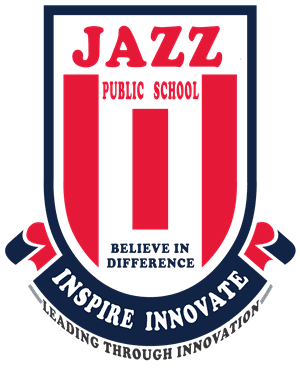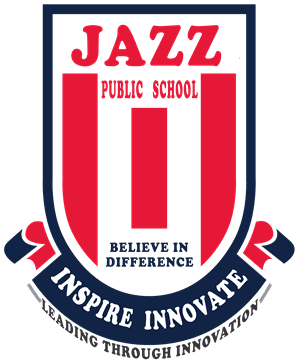1. QUALITY LEARNERS
01. Learners who are healthy, well-nourished, and ready to participate and learn, and supported in learning by their families and communities.
02. Assessment of VARK learning styles (Visual, Auditory, Read and Writing and Kinesthetic)
2. QUALITY LEARNING ENVIRONMENT
MMS campus, an environment that is healthy, safe, protective and gender-sensitive, which provides adequate resources and facilities. The campus is clean, healthy, protective, and a motivating barrier free green campus to learn with a spacious classroom all on the ground floor only
3. QUALITY CONTENT
The relevant curricula and materials for the acquisition of basic skills, especially in the areas of literacy, numeracy and skills for life, and knowledge in such areas as gender, health, nutrition, HIV/AIDS prevention, and peace.
4. QUALITY PROCESSES
Continuous capacity enhancement programs for the teaching faculty concentrate and use child-centered teaching approaches in an exclusive well-managed classroom and assess the children’s learning style, multiple intelligences, and levels of learning to facilitate quality learning and reduce disparities.
5. QUALITY LEARNING
MMS defines the quality of learning as the degree of learning excellence, which emphasises aspects of the process or outcome or both. The quality process will result in quality outcomes
6. QUALITY OUTCOMES
The learning outcomes that encompasses Knowledge, Skills and Attitudes, and are linked to national goals for education and positive participation in society. The quality of learning is a measure of the success of learning process and at MMS, the quality of learning is always related to the performance of learning with monitoring indicators like context indicators, input indicators, process indicators and output indicators
7. QUALITY ASSESSMENT
In terms of assessment, while National Policy on Education (NPE) 1968 recommended a shift in the focus of evaluation from certification to improvement in learning, NPE 1986 suggested elimination of excessive element of chance and subjectivity. It also, de-emphasized memorization, introduction of Continuous and Comprehensive Evaluation (CCE), use of grades in place of marks and introduction of semester system from secondary stage in a phased manner. Today, the New Education Policy 2020 (NEP-2020) emphasizes on transforming assessment for
optimizing learning and development of all students. The NEP-2020 focuses on – regular, formative, and competency-based assessment, promoting learning and development of students and testing higher- order skills (analysis, critical thinking, and conceptual clarity etc.). The goal of NEP-2020 is to transform the culture of assessment recommending the 360-degree Multidimensional Report Card, which will include self-assessment and assessment by teachers, parents, and peers.
The current report card system will be completely redesigned by States/UT’s, under guidance from
PARAKH, NCERT, SCERT. The new report card will include progress of the child in inquiry-based learning
viz. Quiz, Role play, Group Work, Portfolios etc. AI based software will be used by students to track their
growth. MMS’s learning assessment will be as per the guidelines of NCERT/CBSE. However, the entry
level assessment on three areas learning style, multiple intelligences and levels of learning is done after
the admission of the student in a class.



